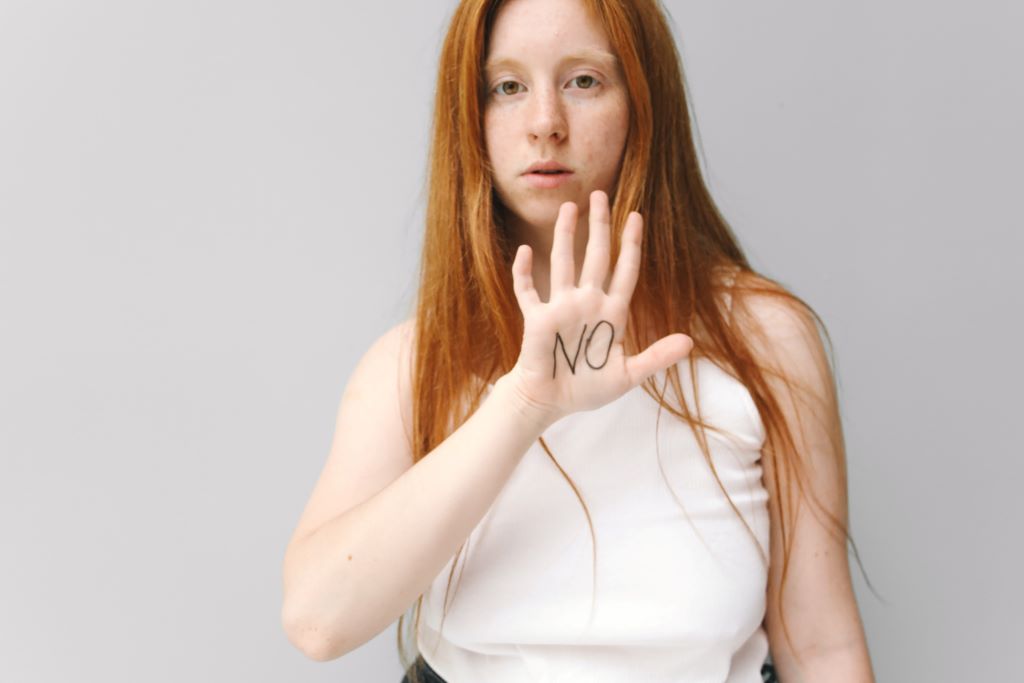Social Media – A Grand Illusion?
As humans, it is in our nature to compare ourselves to others. Such comparisons allow us to evaluate our achievements and can influence how we view ourselves as individuals. However, the amount of comparing we do can affect our mental health and well-being. Social comparisons help us to form our social circles; we are naturally drawn to those whose backgrounds and environments are similar to our own. However, comparing yourself to others at a party does not necessarily have the same effect as comparing yourself to others on Instagram. It is easier to portray an exciting existence and elaborate lifestyle on social media platforms thanRead More…











